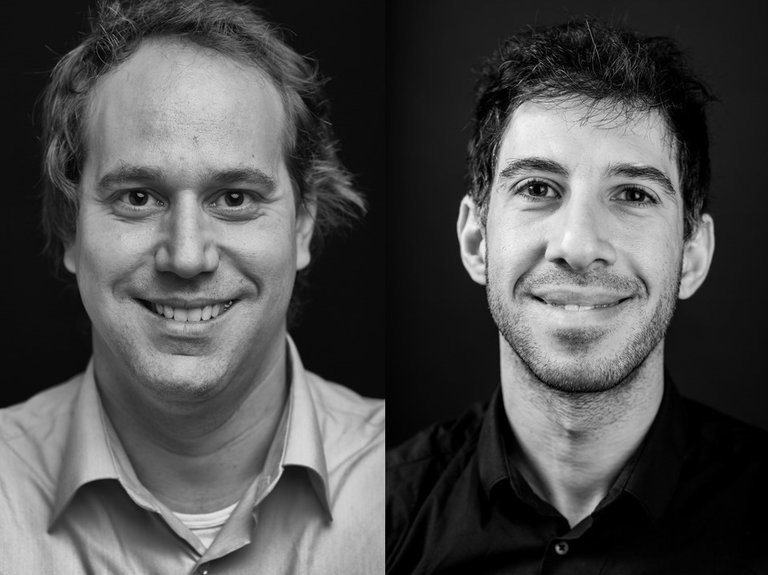At least 87 million Europeans – almost one in five people - are thought to have disabilities. Here in the Netherlands, a quarter of the Dutch population experiences challenges in everyday life because of long-term disabilities, including visual, hearing, cognitive and social disabilities.
From deaf people without access to sign language interpreters during medical appointments to visually impaired people unable to access the full richness of museum or library collections, even though disabilities are relatively common, those affected regularly encounter problems when trying to access or share information. Ultimately, this can lead to social inequality and exclusion. Ahead of the introduction of the European Union’s Accessibility Act in June 2025, a new and unique research project aims to change this.
TACIT: access unimpaired
TACIT is a five-year, 3.2 million Euro NWO research programme focused on Inclusive Technologies for Access and Social Participation. Led by TU Delft, the project involves researchers from six academic institutions and stakeholders from a rich range of public and private organisations with a special interest in accessibility.
Researchers will develop new technologies, such as artificial intelligence, virtual reality and augmented reality, which makes digital services more accessible to people with disabilities.
Access for all
Prior efforts to design for inclusivity have often fallen short. Himanshu Verma, Assistant Professor of Human-Centered AI at TU Delft’s Faculty of Industrial Design Engineering explains:
“Unfortunately, accessibility is often an afterthought in the design of technologies and services. In other cases, accessibility is designed as a "one-size-fits-all" measure, which has not been found to be trusted or socially acceptable by citizens with disabilities.”
In contrast, the TACIT research programme comprises five different use cases, each focussing on one of the four disability groups within scope (visual, hearing, cognitive, social). Each of these use cases will explore technologies appropriate to the specific users. Moreover, all cases will align on design choices, ensuring that the wide spectrum of disabilities are taken into account.
Designed by and for the user
Moving away from the traditional practice of well-meaning, able-bodied researchers creating solutions for people with disabilities, the TACIT research project will pioneer inclusive co-design methodologies.
The project includes a number of researchers with lived experience of disabilities. By working with user groups from organizations, including Koninklijke Auris Groep, Nederlands Gebarencentrum, Stichting Accessibility, and Berengroep, the accessibility gap can be better understood and ultimately reduced.
Human-Computer Interaction breaking down digital barriers
For the first time, this project brings together the Netherlands’ experts in Human Computer Interaction (HCI), a well-established interdisciplinary field that combines a deep understanding of people with the development of new digital technologies.
TU Delft’s Professor Alessandro Bozzon says: “In the Netherlands we are blessed with a growing community of experts working in Human Computer Interaction. In TACIT, by combining and pioneering HCI and co-design methodologies, we will gather the nuanced insights needed to shape tech that invites all people in, rather than locking those with disabilities out.”
CWI's Distributed & Interactive Systems group
The Distributed and Interactive Systems (DIS) group at CWI combines data science with XR technologies and user-centric research to design intelligent, empathic systems. Their focus on user experiences and interactive communication directly advances accessibility by creating systems that adapt to diverse user needs and improve inclusivity in digital environments. The two applicants from DIS are Prof. Pablo Cesar, leader of the group and Professor of Human-Centered Multimedia Systems at TU Delft, and Dr. Abdallah El Ali, tenured research scientist at CWI and Assistant Professor at Utrecht University.’"

